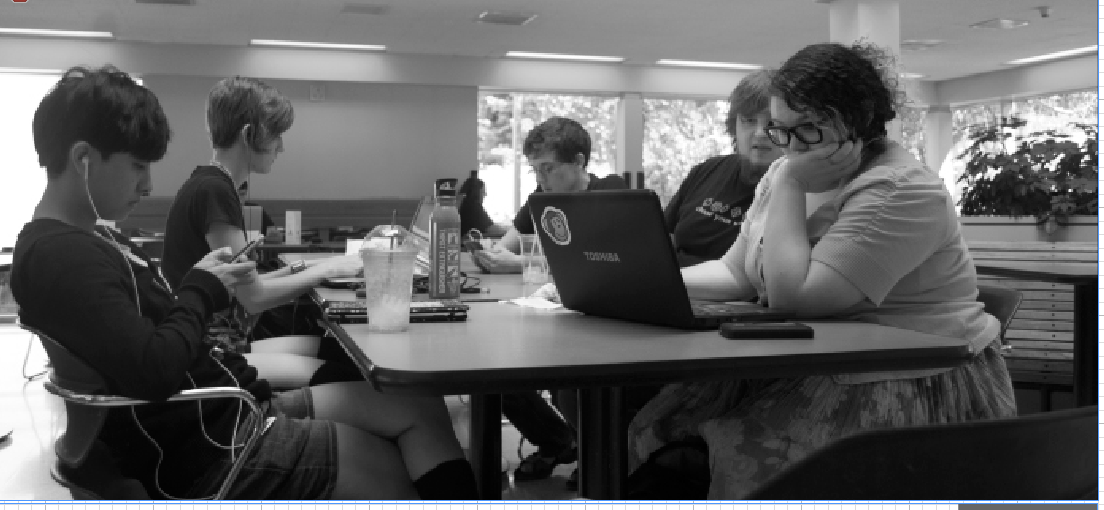Jeremy Logan
The Communicator
Summer quarter, for some of us this is a cryptic phrase. Those of us who walk into it in ignorance may come out of it with the disposition of a troop returning from a P.O.W. camp, lingering effects of P.T.S.D. in tow. If you are not properly equipped and your expectations have not been properly set, you may walk into the same type of scenario that I did.
Summer quarter looks a lot different from your regularly scheduled programing, and there are a few things that students should know to prepare themselves.
“Summer school is moving at twice the pace of our regular quarter, 7 weeks instead of 12 to cover the same content. Don’t even consider taking more than two 5-credit classes,” Larry Massey, an intercultural communications instructor at Spokane Falls, said. “Read the syllabus and class schedule carefully; due dates typically approach twice as quickly as they do in Fall, Winter and Spring quarters.”
I spent nearly all my waking hours doing homework, sometimes waking up at 4:00 am to get my assignments finished before class. During this time my relationship, rest, and overall mental health went fully neglected. Walks on the beach, writing music, and evening recreation were things of the past. There was just me, the strangers who tried to bum cigarettes from me on public transit, instructors’ grim faces, and the blue filtered light from my laptop glowing across my anxiety ridden face.
See what I didn’t know, and you probably should if you are silly enough to put yourself through such an expedition as, “summer quarter,” is that 8 to 10 credits are the maximum that you should put yourself through. Anything more, and you should probably have your head examined.
You will also want to make sure that you attend your classes regularly, and stay up with your homework. Missing one day can set you back two, and catch up can feel nearly unachievable.
“Keep up with the assignments, at twice the pace, falling behind by even a day can quickly spiral out of control,” said Massey, and “avoid missing days, you are actually missing two classes, not one.
Also, If you are like me and choose to survive on subsidized loans and financial aid while attending school, there are a few more things you might want to know before you take the plunge into summer quarter. The main thing is you will probably still have to take a summer job.
Going into summer quarter, I found out upon receiving my financial aid refund that I would not be getting the student need grant even though I was taking the same amount of credits I would have taken during a regular quarter.
Another surprise came in the spring when I found out that I would not receive my Pell Grant. The thing that is important to know and understand is that there is an allotted amount of money that you can receive from financial aid in any given school year. This does not change just because you decide to go to school year round.
In order for you to survive the school year they adjust your funding and give you the Pell Grant in the summer and the Student Need Grant in the spring. If you are not prepared for this, it can be a financial disaster, as it has been for me.
This year I have decided to toss out summer quarter and found myself a nice painting job to keep me in a decent financial standing coming into the fall quarter. ‘Less stress, more success,’ has been my experience.
With all of this in mind, if you still decide to proceed with summer quarter due to being some kind of masochistic ambitionist, I recommend that you prepare yourself. Don’t take more than 8 credits, and if you are on financial aid, get yourself a summer job, and be prepared to find one in the spring as well.


